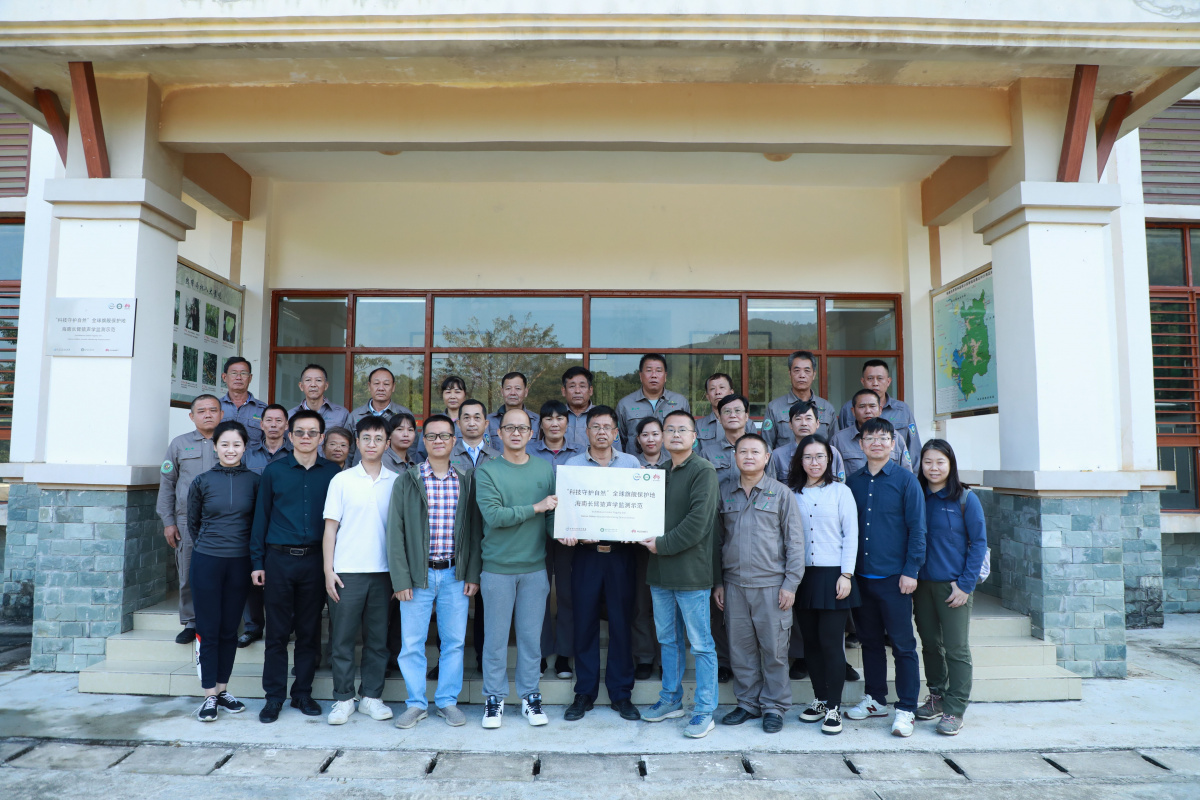Raise the value of forests, says IUCN
A better evaluation of what forests are worth will generate direct benefits for poor forest dwellers, open up new markets and affect global economic growth. The economic benefits of forests are massively under-valued by governments and donor agencies, according to IUCN’s latest report.

Photo: Samuel Kofi Nyame
Forests are traditionally valued for their main commercial resource, timber. But they are home to 80% of terrestrial biodiversity and provide a wide range of ecosystem services such as clean water, protection against floods and other natural disasters, estimated at more than US$ 720 billion a year for national and global economies.
“When deciding how to spend their budgets, governments usually don’t factor in the economic returns to investing in locally-controlled forestry,” says IUCN’s Lucy Emerton, one of the authors of the report. “They thereby miss a critical opportunity to invest in stimulating economic growth, sustainable development and poverty reduction.”
At least 400 million hectares of forest landscapes, an area roughly the size of the European Union, and 1.5 billion people, a population larger than that of China, are already involved in locally-controlled forestry. However, only about 47% of the legal rights over forests are formally placed under their management.
The aim of IUCN’s report, The Value of Investing in Locally-controlled Forestry, launched at the United Nations meeting on the International Year of Forests in New York, is to show the global economic impact of forests if they are managed and controlled by the people who live in and around them.
“Locally-controlled forest management is a highly profitable public investment and development assistance option,” says Stewart Maginnis, IUCN’s Director of Environment and Development. “We are talking about an absolutely revolutionary way of changing the world economy-and changing it for the better.”
The direct livelihood values, such as food, medicines, fuel, energy, income and employment, are estimated at US$130 billion a year to the world’s poorest communities, according to the report. This is more than France and Switzerland’s gold reserves combined.
To read the full report visit: https://www.iucn.org/about/work/programmes/forest/?6853/valuelocally-controlledforestry
To watch Gill Shepherd visit: https://www.iucn.org/about/work/programmes/forest/iyf/watch/
Spokespeople:
Stewart Maginnis, IUCN’s Director of Environment and Development, stewart.maginnis@iucn.org
Stephen Kelleher, Deputy Head of IUCN’s Forest Conservation Programme, stephen.kelleher@iucn.org
Gill Shepherd, IUCN LLS Thematic Adviser on Poverty and Landscapes, gillshepherd@compuserve.com
Lucy Emerton, IUCN LLS Thematic Adviser on Markets and Incentives, lucy@environment-group.org
For more information or to set up interviews, please contact:
• Borjana Pervan, IUCN Media Relations, t +41 798574072, e borjana.pervan@iucn.org
• Brian Thomson, IUCN Media Relations, t+41 797218326, e brian.thomson@iucn.org
About IUCN
IUCN, International Union for Conservation of Nature, helps the world find pragmatic solutions to our most pressing environment and development challenges.
IUCN works on biodiversity, climate change, energy, human livelihoods and greening the world economy by supporting scientific research, managing field projects all over the world, and bringing governments, NGOs, the UN and companies together to develop policy, laws and best practice. www.iucn.org



